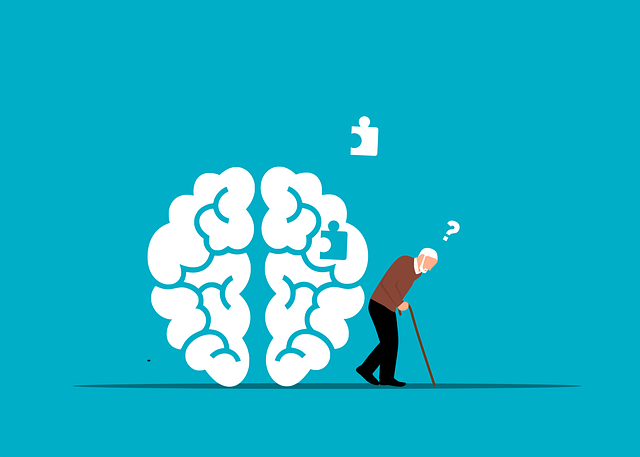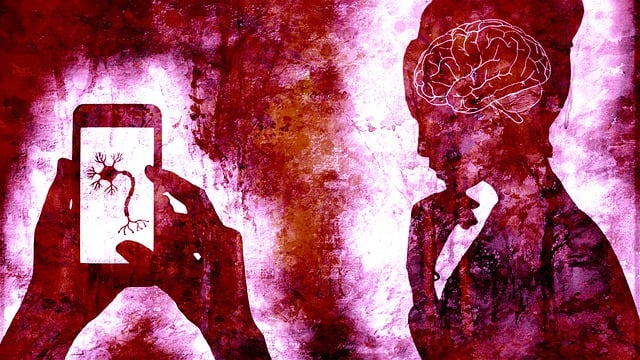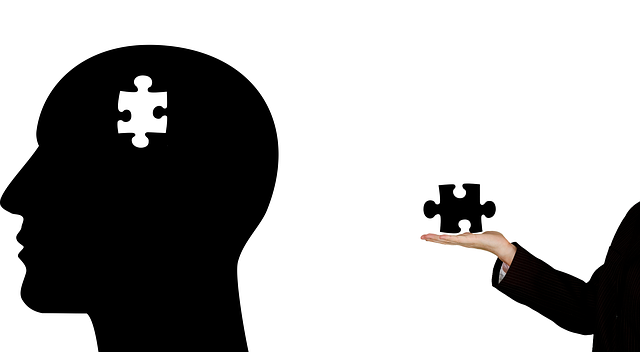Depression among adolescents is a growing concern requiring early intervention. Specialized therapy, such as hypnosis, focuses on underlying issues and equips teens with coping mechanisms. Mental Health Education Programs reduce stigma and encourage open conversations. CBT treats negative thought patterns, while hypnosis targets the subconscious mind for emotional well-being. A healthy lifestyle with proper nutrition, exercise, and sleep is crucial. Building resilience through strong social support networks prevents depression. Hypnotic therapy teaches tailored coping mechanisms for mental wellness.
Depression among adolescents is a growing concern, but with proactive strategies, we can empower teens to navigate their mental health. This comprehensive guide explores various prevention techniques, from identifying risk factors and the power of therapy (including CBT and hypnosis) to lifestyle changes and building resilience through social support. Understanding these approaches can help parents, educators, and teens themselves safeguard against depression, promoting a healthier, happier future. Discover how therapy for adolescent teens and hypnosis can be game-changers in mental wellness.
- Understanding Adolescent Depression: Identifying Risks and Triggers
- The Role of Therapy: Cognitive Behavioral Therapy (CBT) for Teens
- Hypnosis as an Alternative Approach: Unlocking the Mind's Potential
- Lifestyle Interventions: Nutrition, Exercise, and Sleep for Mental Well-being
- Building Resilience: Social Support and Coping Strategies for Teen Depression Prevention
Understanding Adolescent Depression: Identifying Risks and Triggers

Depression among adolescents is a growing concern, with many factors contributing to its rise. Understanding the nuances of this age group’s mental health is crucial in developing effective prevention strategies. Adolescence is a period of significant physical, emotional, and social change, often marked by increased stress and vulnerability. Various risks and triggers can set the stage for depression, making it essential to identify these early on.
One promising approach to addressing adolescent depression is through therapy, specifically designed for teens. Techniques like hypnosis have gained recognition as innovative ways to promote emotional well-being. By targeting underlying issues and providing coping mechanisms, therapy can be a powerful tool. Additionally, Mental Health Education Programs Design tailored for schools and communities play a vital role in reducing the stigma surrounding mental illness and encouraging open conversations. These programs empower teens with knowledge about their mental health, helping them recognize signs of depression early on.
The Role of Therapy: Cognitive Behavioral Therapy (CBT) for Teens

For adolescent teens struggling with depression, Cognitive Behavioral Therapy (CBT) has emerged as a highly effective approach. This form of therapy focuses on identifying and changing negative thought patterns and behaviors that contribute to depressive episodes. CBT empowers teens to develop healthier coping mechanisms, enhance their problem-solving skills, and regain a sense of control over their lives. By teaching them to challenge negative thoughts and replace them with more realistic and positive ones, CBT offers a practical tool for managing depression.
Incorporating hypnosis as a complementary technique within CBT can further benefit teen patients. Hypnosis provides a state of deep relaxation, allowing teens to access their subconscious minds and address underlying issues related to trauma or past experiences that might be contributing factors to their depression. Trauma support services, including crisis intervention guidance, often incorporate hypnotic techniques to help individuals process traumatic memories in a safe and controlled manner. This can be particularly valuable for adolescents who may find it challenging to express their feelings verbally.
Hypnosis as an Alternative Approach: Unlocking the Mind's Potential

Hypnosis has emerged as a captivating alternative approach to traditional therapy for adolescent teens grappling with depression. This technique delves into the power of the subconscious mind, aiming to unlock its potential to promote emotional well-being. By inducing a state of deep relaxation and heightened focus, hypnosis allows individuals to gain profound insights into their thoughts, feelings, and behaviors. This process facilitates self-awareness exercises that can be instrumental in identifying and modifying negative thought patterns contributing to depression.
In the context of depression prevention strategies, compassion cultivation practices are also integrated within hypnotic sessions. Encouraging teens to develop a kinder and more understanding perspective towards themselves and others can foster resilience and reduce symptoms of depression. This holistic approach combines emotional well-being promotion techniques with the transformative power of hypnosis, offering a promising avenue for supporting adolescent mental health without relying solely on conventional therapies.
Lifestyle Interventions: Nutrition, Exercise, and Sleep for Mental Well-being

Maintaining a healthy lifestyle plays a pivotal role in preventing and managing depression, especially among adolescent teens. Nutrition is a key aspect; incorporating nutrient-rich foods like omega-3 fatty acids, vitamins B and D, and magnesium can significantly impact mood regulation. A balanced diet, often discussed in the context of mental wellness podcast series production, supports overall mental wellness.
Regular exercise and adequate sleep are equally vital. Physical activity releases endorphins, which act as natural mood boosters. For teens, engaging in activities they enjoy, whether team sports or individual pursuits like yoga or walking, can foster emotional healing processes. Similarly, prioritizing sleep hygiene ensures a restorative night’s rest, crucial for brain function and emotional stability. Consider hypnosis as an alternative therapy for adolescent teens seeking additional support in navigating these lifestyle interventions for depression prevention.
Building Resilience: Social Support and Coping Strategies for Teen Depression Prevention

Building resilience is a key component in preventing depression among adolescents. Strong social support networks play a pivotal role in fostering emotional healing processes and enhancing mental wellness for young people. Encouraging open communication, promoting healthy relationships, and integrating community outreach program implementation can create an environment that supports teens through challenging times. When facing depressive symptoms, hypnotic therapy for adolescent teens has emerged as a valuable tool. This alternative approach to traditional therapy leverages the power of the subconscious mind, helping individuals develop coping strategies that are tailored to their unique needs.
By teaching teens effective coping mechanisms and building their resilience, we empower them to navigate life’s stressors more adaptively. This proactive approach not only prevents depression but also equips young people with lifelong skills for maintaining mental wellness. Hypnosis, as a component of this strategy, offers a gentle and powerful method to address underlying emotional issues, promoting holistic healing and overall well-being.
In tackling adolescent depression, a multi-faceted approach is key. By combining evidence-based therapy like Cognitive Behavioral Therapy (CBT) with innovative alternatives like hypnosis, and integrating lifestyle interventions focused on nutrition, exercise, and sleep, we can empower teens to build resilience. Social support and effective coping strategies are vital tools in prevention, ensuring our young people receive the holistic care they need to flourish and lead fulfilling lives. For adolescents struggling with depression, these strategies offer hope and a path towards improved mental well-being, with therapy for teen depression and hypnosis playing pivotal roles in this journey.











